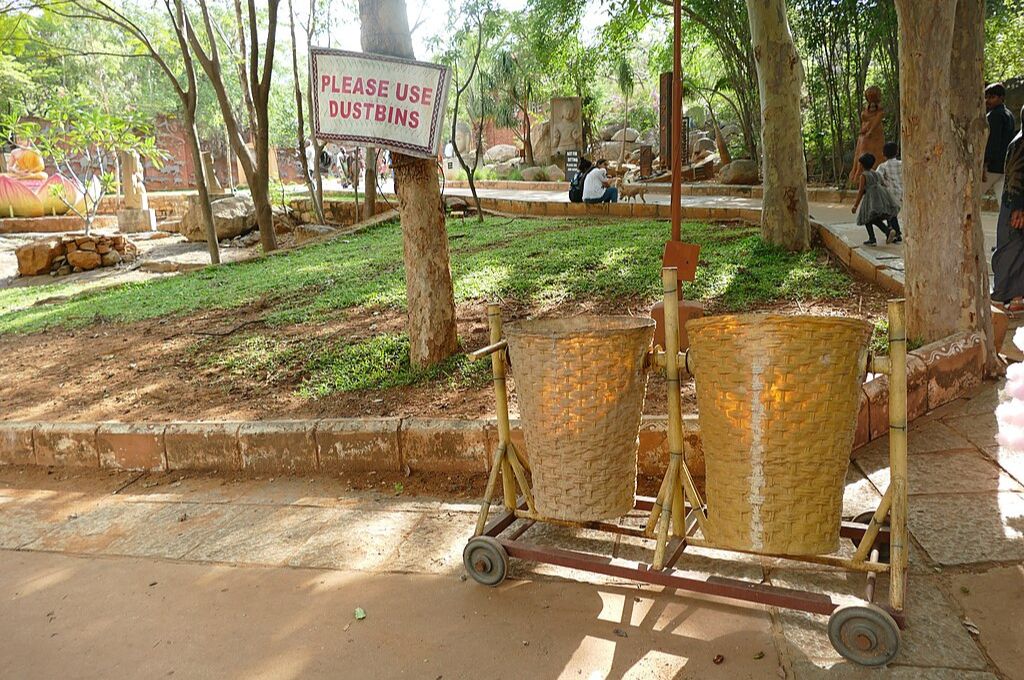Inspire Inclusion: The Imperative for Women’s Participation in India’s Climate Decision-making
As the world grapples with the complex crisis of climate change, it has become increasingly evident that a robust solution demands an inclusive approach. This year, as we commemorate International Women’s Day under the theme “Invest in Women: Accelerate Progress”, we highlight the crucial role of women’s economic empowerment in promoting equality. The theme “Inspire …










